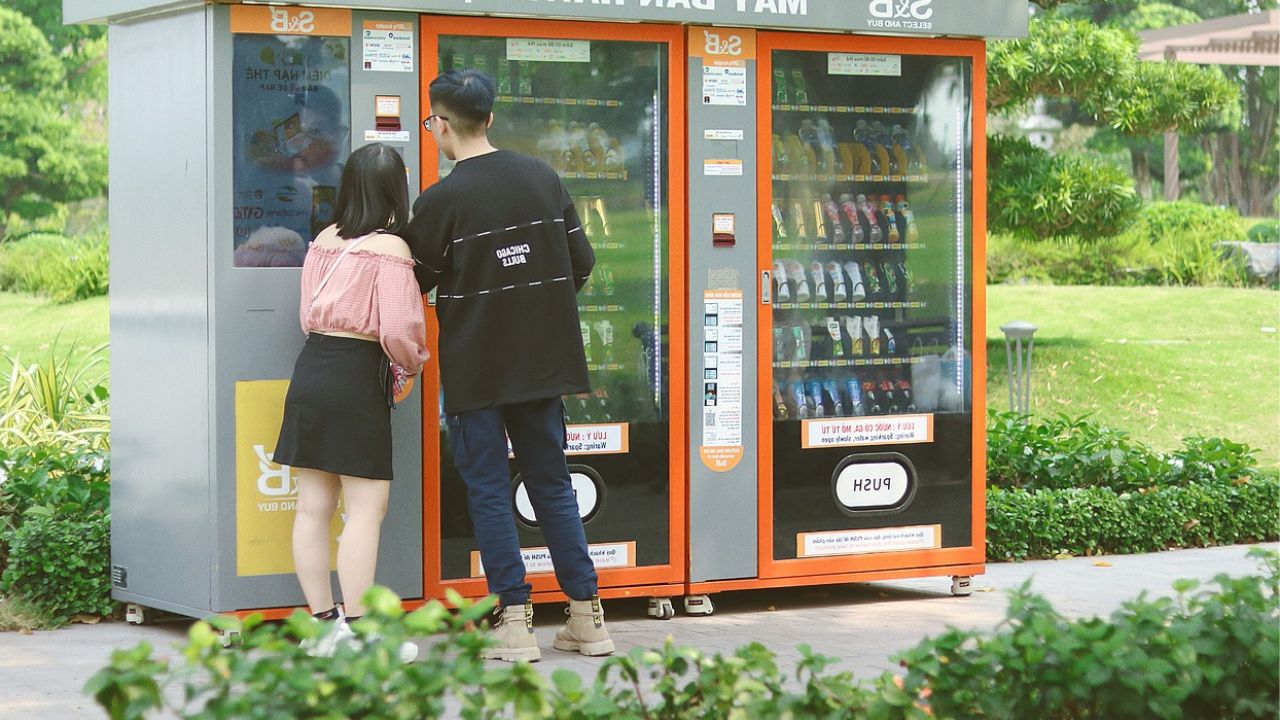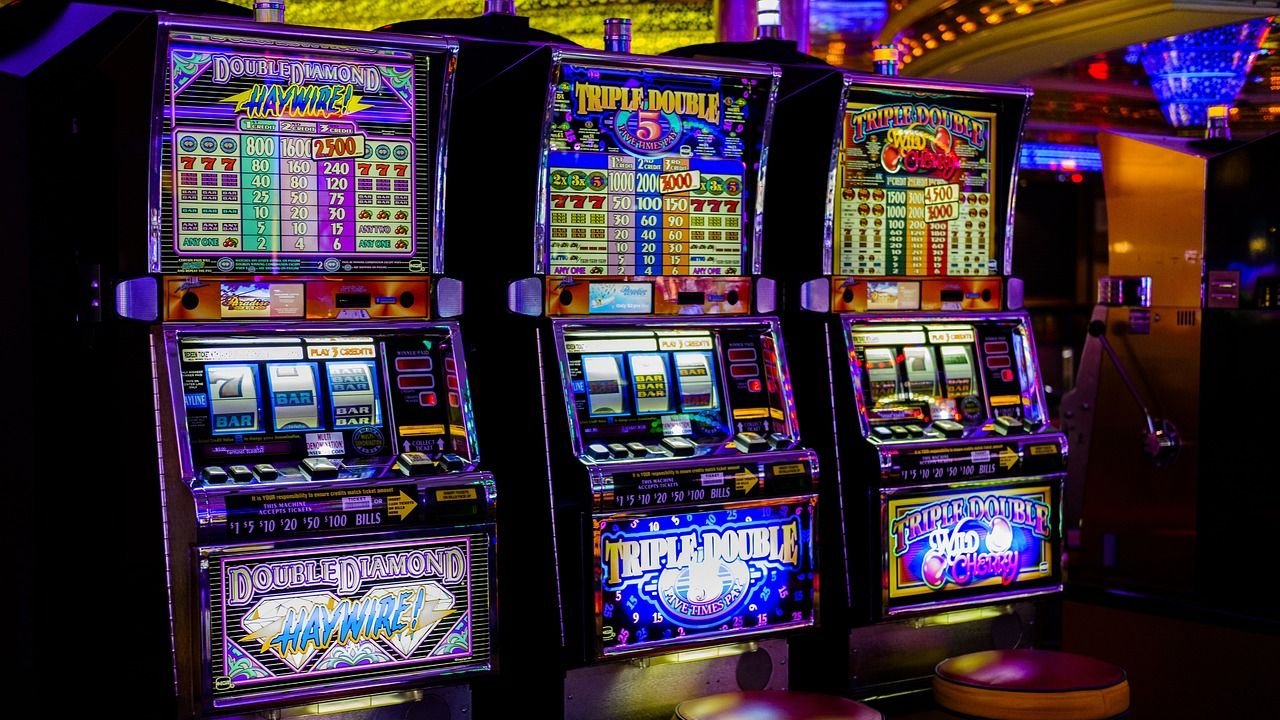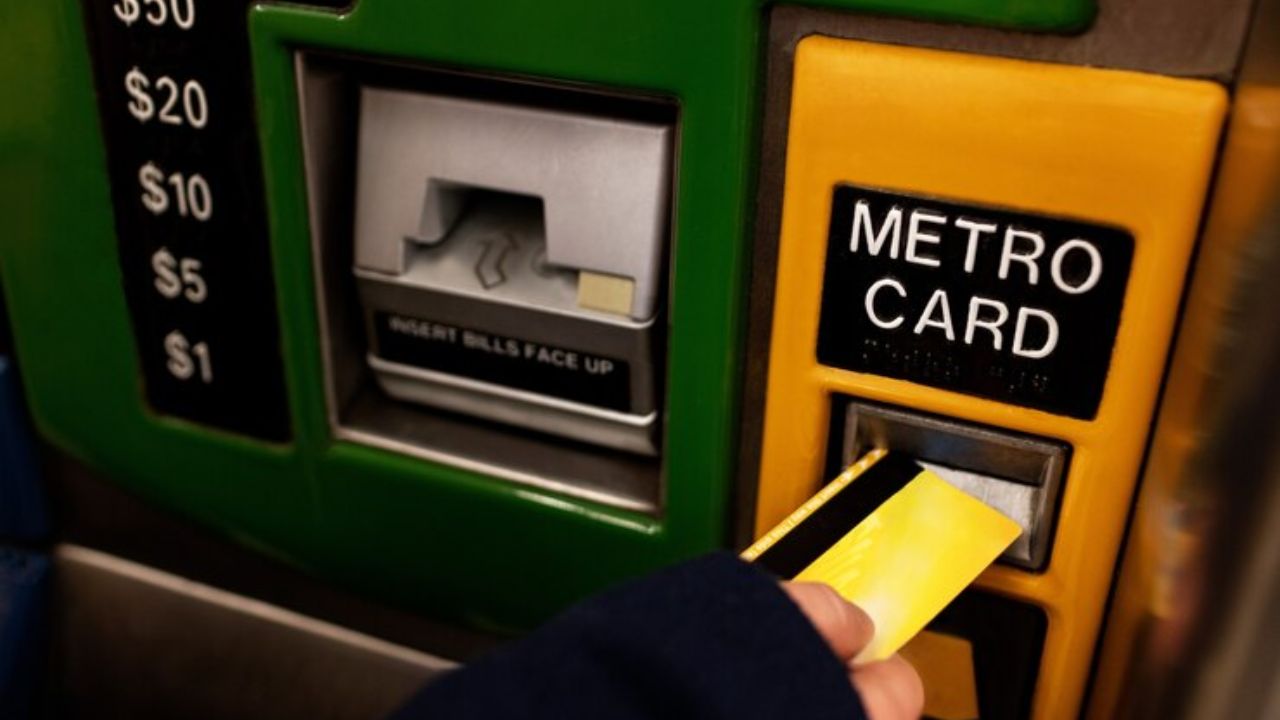Dollar bill acceptors play a pivotal role in the seamless operation of vending machines, simplifying transactions by accepting and validating cash payments. However, when these acceptors encounter malfunctions, it disrupts the entire vending process, leading to customer dissatisfaction and potential revenue loss.
The inability to accept dollar bills can frustrate customers, forcing them to seek alternative purchasing options and potentially damaging the reputation of the vending business. Understanding the common issues behind vending machine dollar bill acceptor not working and implementing effective troubleshooting measures is crucial for vending machine operators to maintain customer satisfaction and ensure uninterrupted service. In this article, we delve into why dollar bill acceptors may malfunction, provide practical troubleshooting tips, and offer insights into preventive maintenance practices to keep vending machines running smoothly.
Dirty or Worn Bill Validators
Over time, dollar bill acceptors can accumulate dust, dirt, and other debris, leading to sensor blockages and reduced functionality. Additionally, the internal components of the bill validators, such as belts, rollers, and sensors, can wear out due to constant use. This wear and tear can affect the acceptor’s ability to accurately detect and validate bills, resulting in frequent rejections or malfunctions. To avoid this problem, regular cleaning and maintenance are necessary. By cleaning the sensors and replacing worn-out parts, vending machine owners can ensure that their dollar bill acceptors operate smoothly and efficiently.

Incorrectly Inserted Bills
Customers may inadvertently insert bills into the vending machine in an improper orientation, such as folded, crumpled, or upside-down. This can cause the bill acceptor to reject the bills, frustrating customers and vending machine owners. Educating users on the correct way to insert bills and providing clear instructions on the vending machine can help mitigate this issue. Additionally, implementing sensor technologies that can detect the orientation of bills upon insertion can prevent incorrect bill insertion and reduce the occurrence of jams or rejections.
Power Supply Issues
A stable and sufficient power supply is crucial for properly functioning a vending machine’s dollar bill acceptor. Voltage fluctuations, power surges, or inadequate power supply can damage the internal components of the acceptor, leading to malfunctions. Surge protectors and voltage stabilizers can help protect the bill acceptor from power-related issues. Regularly checking the power supply and ensuring the vending machine is plugged into a reliable outlet can prevent power-related problems. By addressing power supply issues promptly, vending machine owners can minimize downtime and ensure uninterrupted customer service.
Mechanical Problems
Like any mechanical device, dollar bill acceptors are susceptible to wear and tear over time. Components such as motors, gears, belts, and sensors may become worn out, misaligned, or damaged, resulting in operational issues. Symptoms of mechanical problems include bill jams, inconsistent bill acceptance, or unusual noises during operation. Regular maintenance, including lubricating moving parts and replacing worn-out components, can help prevent mechanical failures. Furthermore, by putting in place a preventative maintenance schedule that entails regular inspections and service, possible problems can be found early on, and expensive repairs or downtime can be avoided.

Check for Instructions
Obstructions in the bill acceptor’s intake mechanism can impede the smooth flow of bills, leading to jams or rejections. Common obstructions include debris, foreign objects, or jammed bills lodged within the acceptor’s pathway. Regularly inspecting the bill acceptor and clearing any obstructions can prevent this issue. Compressed air or specialized cleaning tools to remove debris from the acceptor’s intake can help maintain optimal functionality. Additionally, educating users on the proper way to insert bills and avoid causing obstructions can reduce the likelihood of jams or rejections.
Verify the Power Supply
Ensuring a stable and adequate power supply is essential for properly functioning a vending machine’s dollar bill acceptor. Voltage fluctuations, power surges, or electrical interruptions can damage the acceptor’s internal components, leading to malfunctions. Vending machine owners should regularly check the power supply and use surge protectors or voltage stabilizers to protect the bill acceptor from power-related issues.
Additionally, using uninterruptible power supply (UPS) systems can provide backup power during outages, ensuring uninterrupted service to customers. By verifying the power supply and implementing appropriate safeguards, vending machine owners can minimize the risk of power-related problems and ensure the reliable operation of the bill acceptor.
Inspect the Bill Validator
It would help if you routinely inspected the bill validator for signs of wear, damage, or malfunction. Common issues with bill validators include worn-out sensors, damaged rollers, or misaligned components. Symptoms of validator problems may include frequent bill rejections, inconsistent bill acceptance, or error messages displayed on the vending machine’s interface. Vending machine owners should thoroughly inspect the bill validator, checking for any visible signs of damage or wear. Cleaning the validator’s sensors and rollers regularly can help maintain optimal functionality. Additionally, replacing worn-out parts or repairing damaged components can prevent validator failures and ensure the smooth operation of the bill acceptor.
Regular Cleaning
The dollar bill acceptor must be cleaned regularly to ensure peak functionality and avoid issues. The housing of the acceptor may get clogged with dust, silt, and debris, blocking sensors and reducing performance. Owners of vending machines should clean the acceptor’s intake mechanism with specialized tools or compressed air. Additionally, regularly cleaning the acceptor’s sensors and rollers can help ensure accurate bill validation and reduce the likelihood of jams or rejections. Implementing a scheduled cleaning routine and providing clear instructions for maintenance to vending machine operators can help maintain the acceptor’s cleanliness and extend its lifespan. Vendors may reduce downtime and guarantee a satisfying client experience by prioritizing routine cleaning and maintenance.

Proper Bill Handling
Educating users on handling bills before inserting them into the vending machine can prevent issues with the dollar bill acceptor. The acceptor may not recognize crumpled, folded, or torn bills, leading to rejections or jams. To guide users on the correct bill-handling procedure, owners should provide clear instructions on the vending machine’s interface or signage. Additionally, implementing sensor technologies that detect bills’ condition upon insertion can help prevent acceptance issues. By promoting proper bill-handling practices and ensuring user awareness, vending machine owners can minimize the risk of acceptor failures and maintain smooth operations.
Routine Inspections
Regular inspections of the vending machine, including the dollar bill acceptor, are crucial for identifying and addressing potential issues before they escalate. Vending machine owners should implement a scheduled maintenance routine that includes thorough inspections of all components, including the bill acceptor. During inspections, operators should check for wear, damage, or malfunction, such as worn-out sensors, damaged rollers, or misaligned components.
Addressing any issues promptly can prevent downtime and ensure uninterrupted service to customers. Documenting inspection findings and maintenance activities can also help track the acceptor’s performance over time and identify any recurring issues. By prioritizing routine inspections and maintenance, vending machine owners can prolong the lifespan of the bill acceptor and minimize repair costs.
Temperature and Humidity Effects
The vending machine dollar bill acceptor not working highly susceptible to changes in humidity and temperature. Elevated temperatures have the potential to induce component overheating, which can result in malfunctions, including motor failures or inaccurate sensors. Conversely, low temperatures can affect the flexibility of bill materials, causing them to become rigid and difficult to process. Moreover, humidity can accumulate moisture within the acceptor, potentially causing electrical shorts or corrosion.
Maintaining optimal environmental conditions is crucial for ensuring the reliable operation of dollar bill acceptors. Regular maintenance, including cleaning and inspecting for any signs of damage, is essential for mitigating the effects of temperature and humidity on acceptor functionality. Vendors may reduce the risk of downtime and give customers a flawless shopping experience by monitoring and controlling humidity and temperature levels.
Conclusion
The malfunctioning vending machine dollar bill acceptor not working poses significant challenges to operators, impacting customer experience and business revenue. Addressing issues promptly and effectively is essential to minimize disruptions and maintain customer satisfaction. By understanding the common causes of acceptor malfunctions, implementing regular maintenance routines, and following systematic troubleshooting procedures, operators can mitigate the risk of downtime and optimize vending machine performance.
Additionally, keeping abreast of firmware updates and seeking manufacturer support can help resolve issues efficiently. Ultimately, prioritizing the reliability and functionality of dollar bill acceptors is crucial for sustaining a successful vending business. By investing time and resources into maintaining these critical components, operators can ensure smooth transactions, enhance customer trust, and maximize profitability.
FAQ
Why are dollar bill acceptors essential in vending machines?
Dollar bill acceptors simplify transactions by allowing customers to pay with cash, enhancing convenience and accessibility.
What are the consequences of a malfunctioning dollar bill acceptor?
Malfunctions can lead to frustrated customers, disrupted vending operations, and potential revenue losses for vending machine operators.
What factors contribute to dollar bill acceptor failures?
Common issues include physical damage, dust accumulation, sensor calibration problems, and software glitches.
How can operators address dollar bill acceptor malfunctions?
Operators should implement regular maintenance routines, troubleshoot thoroughly, and seek manufacturer support when needed.
Why is it crucial to prioritize the reliability of dollar bill acceptors?
Prioritizing reliability ensures smooth transactions, maintains customer satisfaction, and sustains the profitability of vending businesses.

